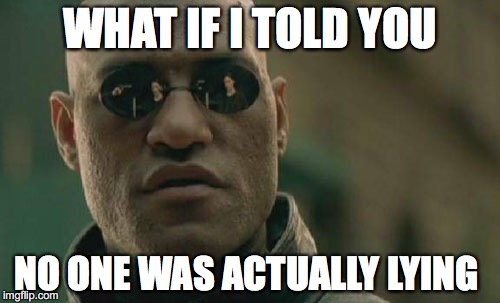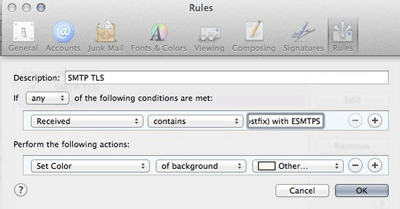Blackboxes and unknown effects
In my previous career I studied the effect of alcohol on developing embryos. It’s a bit weird I ended up in that field because embryological development always seemed to complex to me. And it was and is complicated. In a lot of ways, though, it was good training for deliverability. We dealt with a lot of processes that seem, on the surface, straightforward.
Fertilization happens, then you get a flat group of cells, those cells fold up into the neural tube, cells migrate around, things happen, limbs form, organs form and 21 days later you have a fluffy little chick.
The details in all those steps, though. They’re a bit more complicated, looking something like this:
There are lots of different things going on inside the embryo to take it from a single cell up to a complex multicellular being. Genes turn on, genes turn off at different times in development, often driven by overlapping concentration gradients. Genes turn each other and themselves on and off. It’s complex, though, and there are things that happen that we don’t quite understand and have to black box. “If I add this protein, or take this gene and that gene away… what happens?”
A lot of that is like what email reputation is these days. There isn’t one factor in reputation, there are hundreds or thousands. They interact with each other, sometimes turning up reputation, sometimes turning down reputation. We figure this out by poking at the black box and seeing what happens. Unlike development, though, delivery rules are not fixed. They are changing along the way.
It’s not simple to explain delivery and how all the moving parts interact with each other. We don’t always know that doing A will lead to X. Because A -> X is not a straight line and there are other things that impact that line. Those other things also impact A, X and each other.
Delivery is a tangled web. On the surface it seems simple, but when you start peeling back the layers you discover the jumble of factors that all interact with each other. It’s what makes this a challenging field for all of us.


